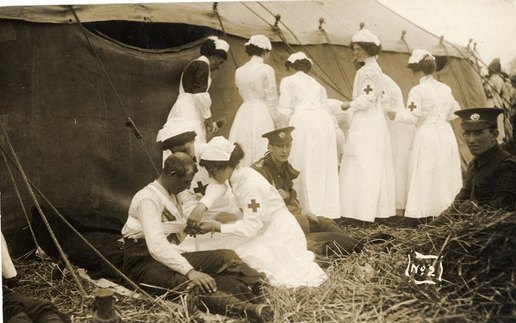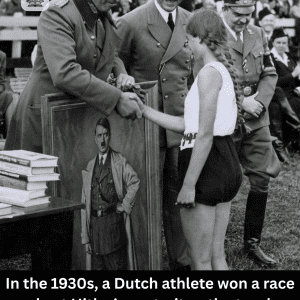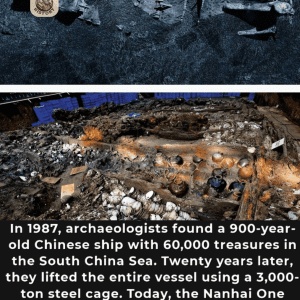In the summer of 1863, the United States was deeply entrenched in the Civil War, and the Battle of Gettysburg had become one of its bloodiest chapters. Amid the chaos, death, and devastation, a 23-year-old woman from New Jersey made a bold decision that would defy expectations and change lives. Her name was Cornelia Hancock and history nearly silenced her before she even arrived.
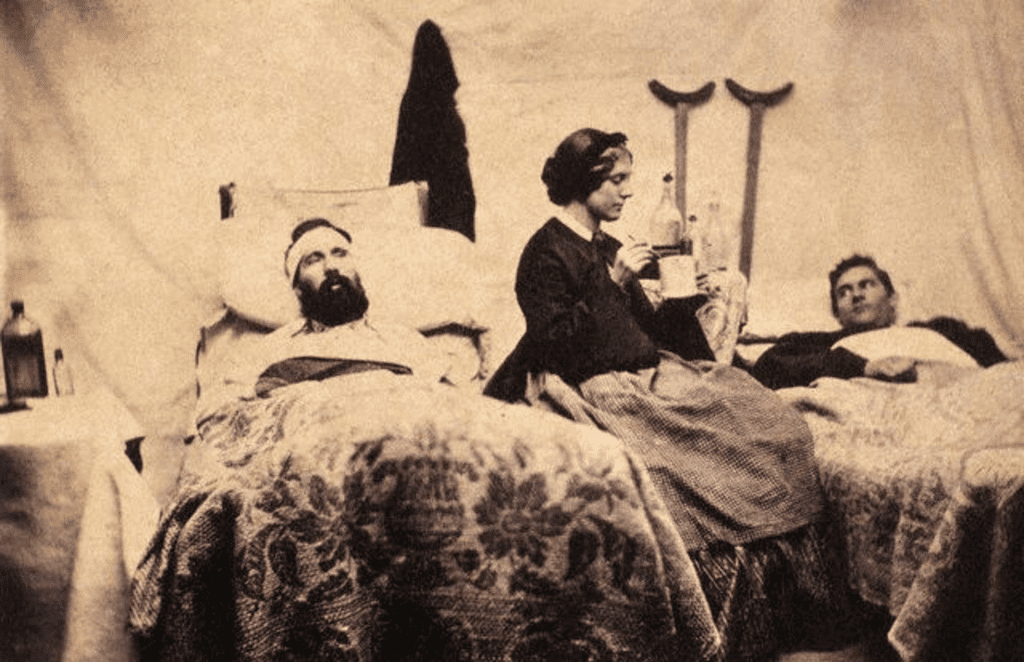
Turned Away for Her Looks
Cornelia Hancock was passionate about helping wounded soldiers. Inspired by stories of battlefield nursing and moved by a sense of duty, she volunteered to serve as a nurse during the Civil War. But when she applied through official channels, she was rejected.
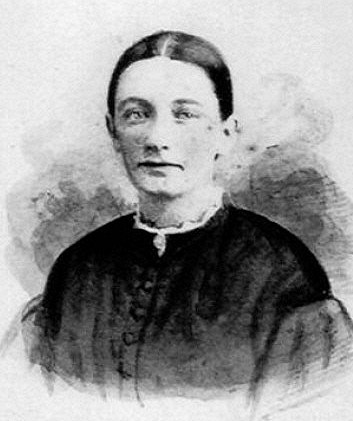
The reason? She was “too young and too pretty” to handle the brutal reality of war, according to Dorothea Dix, who oversaw the hiring of female nurses for the Union Army. Dix preferred older, plainer women whom she believed would be better suited for the discipline and trauma of battlefield care. But Cornelia didn’t take “no” as her final answer.
Video:
Nurses of the Civil War
Gettysburg: A Trial by Fire
Instead of turning back, Cornelia went straight to Gettysburg without official approval arriving just days after the battle ended in early July 1863. What she found there was overwhelming: thousands of wounded men sprawled across barns, churches, and makeshift tents, suffering from gunshot wounds, infections, amputations, and shock.
Despite having no formal training, Cornelia jumped into action. She cleaned wounds, brought water, distributed bandages, and provided comfort to men who were dying far from home. Her presence became a blessing for soldiers on both emotional and physical levels. Though young and inexperienced, her resolve never wavered.
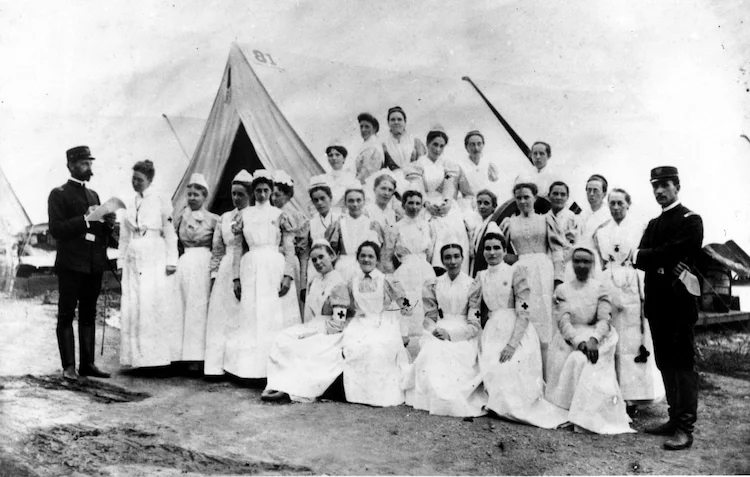
Courage Beyond Credentials
Hancock’s compassion and tireless work quickly earned the respect of military surgeons and other caregivers. She was methodical, calm, and deeply committed. She didn’t flinch at the sight of mutilated limbs or the stench of infection. More importantly, she offered kindness and dignity in a place where humanity was in short supply.
Video:
A Soldier’s Friend, Civil War Nurse Cornelia Hancock
She continued to serve for the duration of the war, working in hospitals and battlefield aid stations from Virginia to Washington, D.C. Everywhere she went, Cornelia brought healing and a quiet defiance of the assumptions made about her based on appearance.
Legacy of an Unsung Hero
After the war, Cornelia Hancock remained active in social reform. She helped establish schools for formerly enslaved children in the South and advocated for better public health and sanitation. Her contributions extended well beyond the battlefield, and yet her name remains far less known than it should be.
Her personal letters and journals provide a powerful record of what it meant to be a woman in war rejected not because of ability but because of how she looked. In every line, you can sense her strength, resilience, and sense of justice.
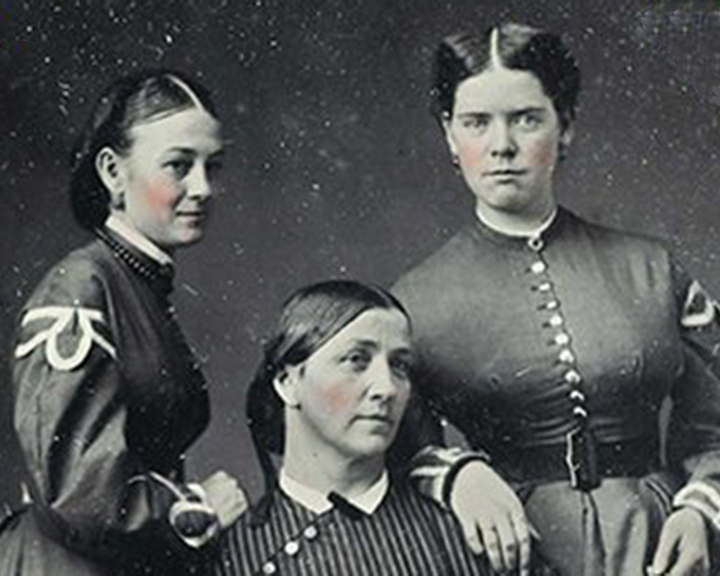
A Timeless Lesson
Cornelia Hancock’s story is more than just a historical footnote it’s a reminder that courage isn’t defined by age, gender, or appearance. She stepped into the heart of war when many told her to stay home, and she saved countless lives because she followed her own compass.
In today’s world, where people are still judged by how they look instead of what they can do, Hancock’s story reminds us of what truly matters: compassion, conviction, and the bravery to show up especially when it’s inconvenient or uncomfortable.
